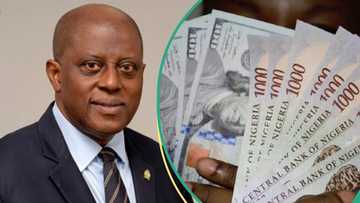Structure of the Nigerian financial system
Why is it be important and even necessary to know about the Nigerian financial system? Well, the structure of this system affects the entire economy of a country. If a person wants to understand certain processes that take place in a country and its financial sector, it’s practically impossible without knowing how this system actually works and which bodies it includes.
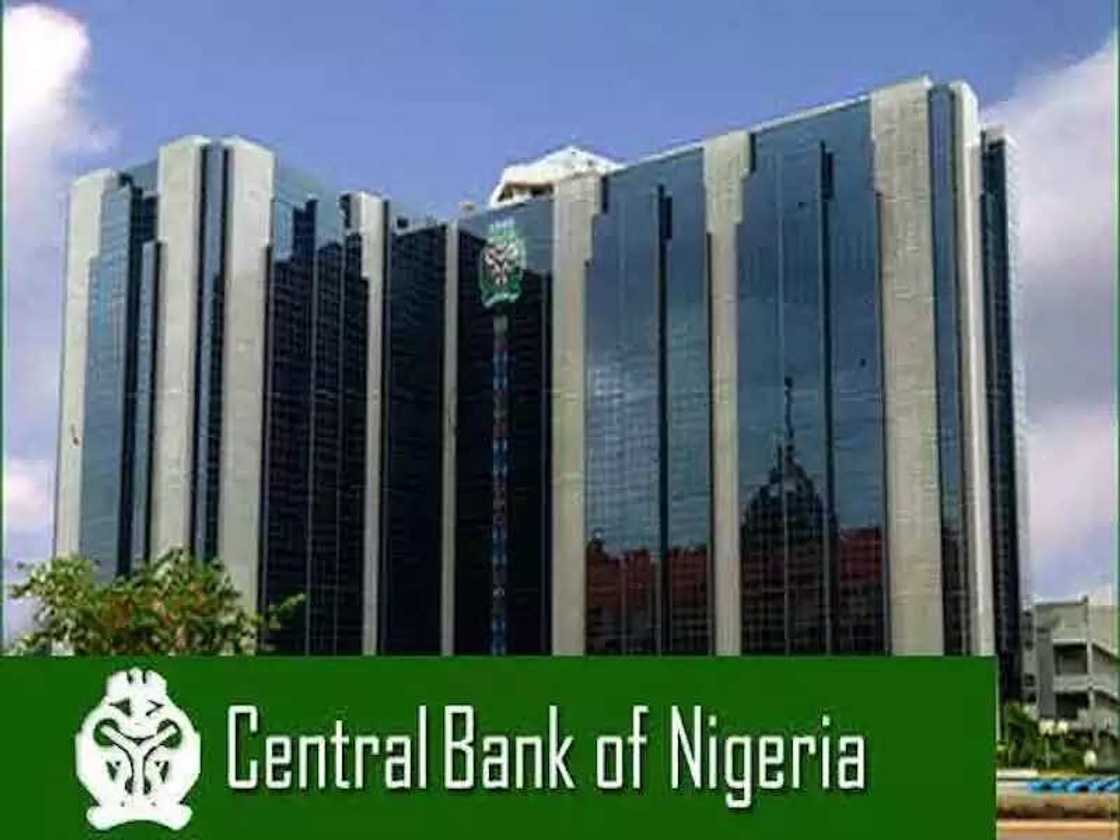
The structure of Nigerian financial system and the regulating bodies it includes
There are three main parts of the Nigerian financial system. The first one consists of regulating bodies, the second one embraces banks, and the third one unites non-banking financial institutions. The regulating bodies are the following:
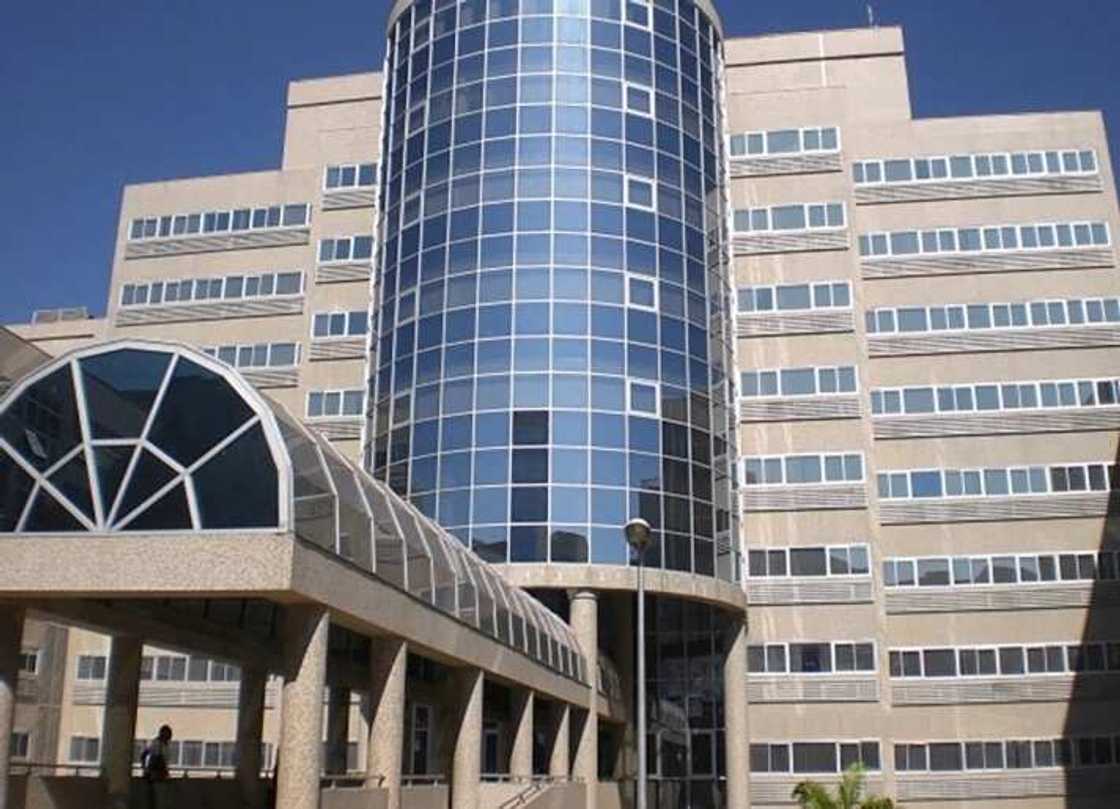
READ ALSO: EIB, AfDB to support new Development Bank of Nigeria with $70m, aide easy access to loans
- The Federal Ministry of Finance (shortened to FMF)
- The Central Bank of Nigeria (shortened to CBN)
- The Securities and Exchange Commission (shortened to SEC)
- The Nigerian Stock Exchange (shortened to NSE)
- The National Insurance Commission of Nigeria (shortened to NICON)
- The Nigerian Deposit Insurance Corporation (shortened to NDIC)
- The Federal Mortgage Bank of Nigeria (shortened to FMBN)
Among these, the Central Bank of Nigeria is the chief regulatory body in the market. The Central Bank regulates the activities of companies that deal with finance and specialized bodies that are known as development institutions (shortened to SDFI).
These latter ones embrace all the banks that work with industry, people’s needs, agricultural matters, rural regions and so on. All such facilities provide options for the financial support of the spheres of the economy that need financial maintenance for the sake of development.
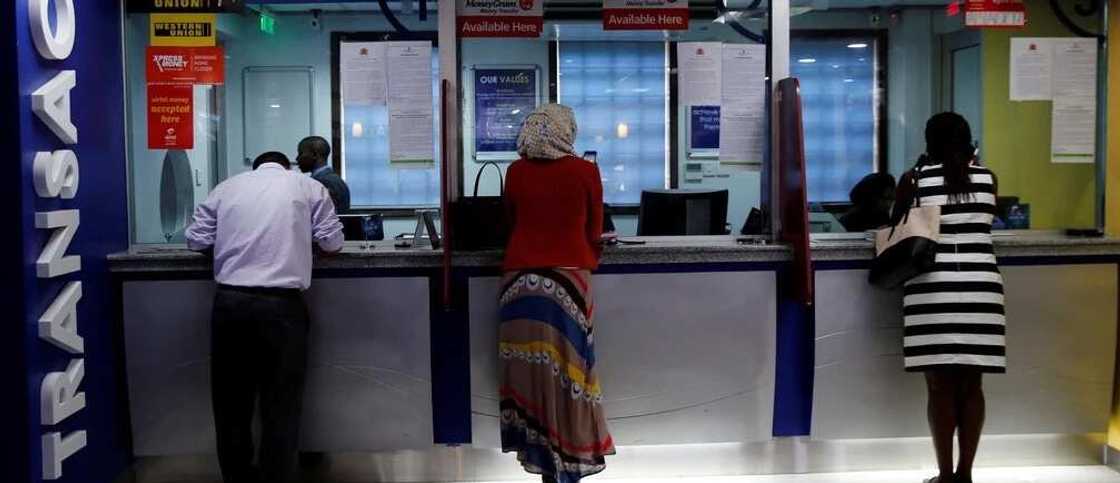
The commissions that deal with stocks and exchange regulate the entire capital market. They also supervise all the brokers, issuing houses, and all other organs that handle securities, stocks, and so on.
In a wider understanding, the Nigerian financial system is the structure that directly influences the development and growth of the country’s economy. It directly regulates the mechanism of payments that are given to the population and the ones that are received from the population.
In Nigeria, the existing financial system has gone a long way through the development of diverse areas it involves. Now, it’s a functional system that helps individuals and structural bodies to communicate, cooperate, and come to mutually satisfying deals and relationships.
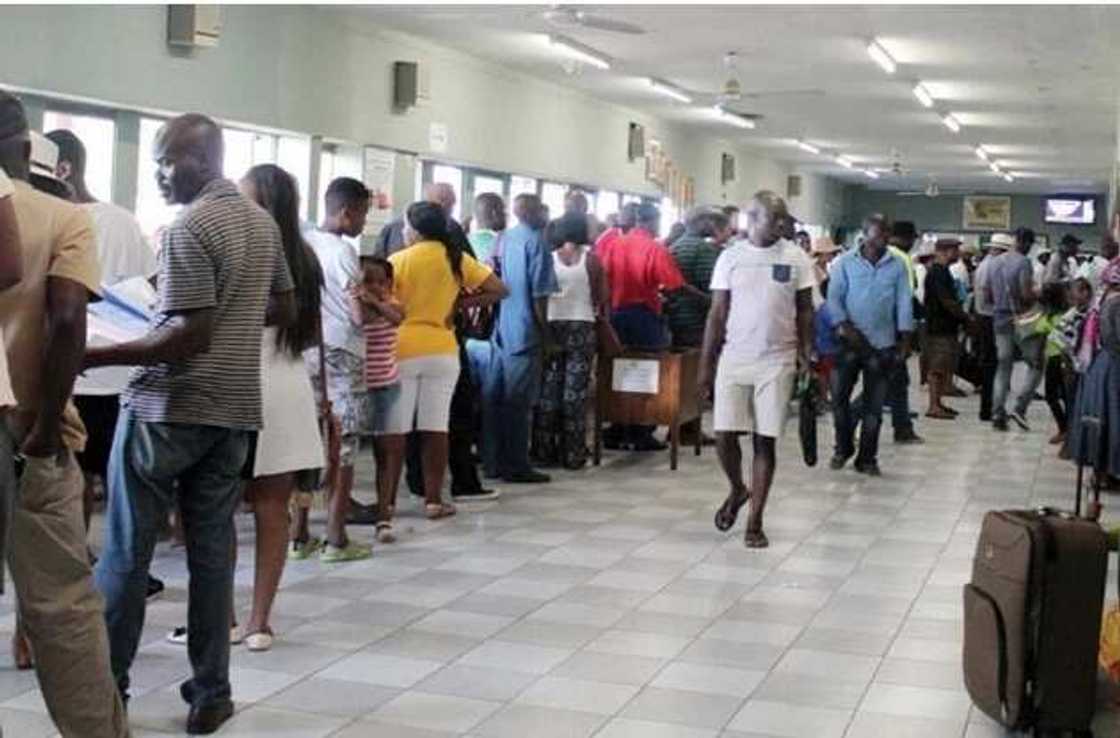
The financial system, in general, is usually divided into two spheres:
- Public finance or centralized finance
- Decentralized finance
In addition to these, financial systems have four subsystems:
- State finance – the sphere of monetary relations where they form and distribute the national product, form and use the state finance to regulate the state, defend it, and satisfy its internal needs
- Industry finance – the finance that’s meant to provide the needs of industries. The finance that comes from industries makes up a big or, sometimes, the biggest part of the national value
- The market of finance – the system of exchange and redistribution that's created as a result of selling and buying financial resources. Under the marketing conditions, this link connects other spheres of a financial system
- International finance – works between states, international organizations and other bodies, which emerge based on the need of exchange and redistribution

Read also
“Interests of consumers”: Airtel CEO finally reacts to approved increase in call, data tariff
The first two subsystems relate to decentralized finance and the latter two relate to centralized or public finance.

Such a structure of financial systems can be found in practically all states in the world, however, the difference is in the amount of implementation. Nigeria is no exception. Its financial structure is much like those of many other countries, with certain local peculiarities.
The role and impact of the Nigerian financial system structure on the entire country
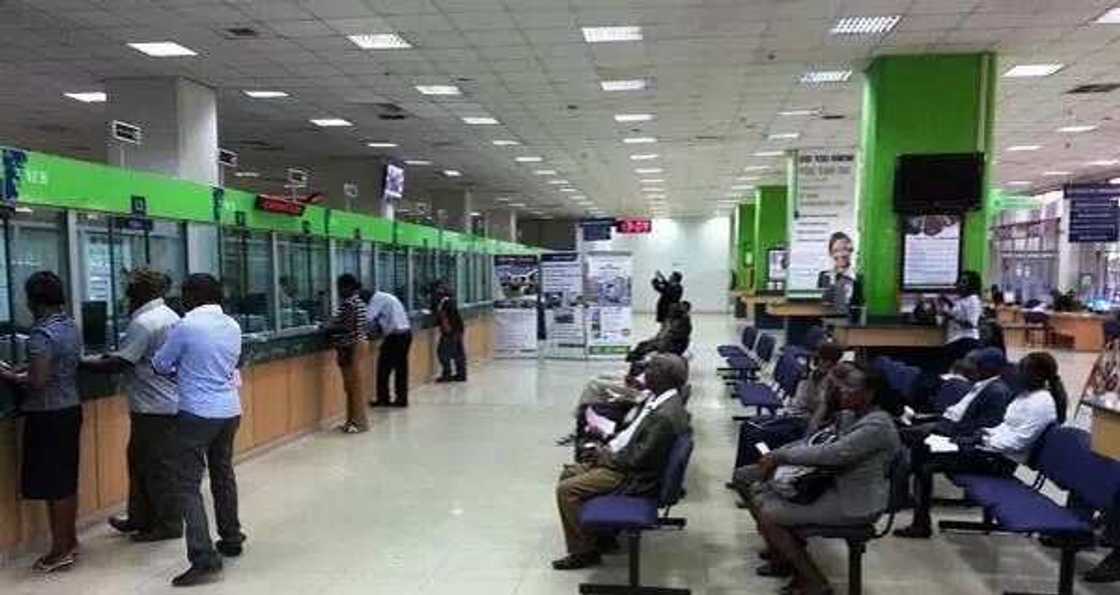
It’s necessary to remember that the more effective and healthy the financial structure is, the more useful it is to the development of the entire country. The point is that an efficient financial system is able to make the population within a country more financially stable, to provide them with a better welfare. A more well-off population means better financial cooperation with the economy and better investment opportunities.
Investment is another critical component of the country’s development. Basically, there are units in this structure that possess certain funds and have a need to spend them on goods or services, to invest these funds (these are mainly households). There are other units that require funds for the development and production (these are businesses of diverse types and the government).
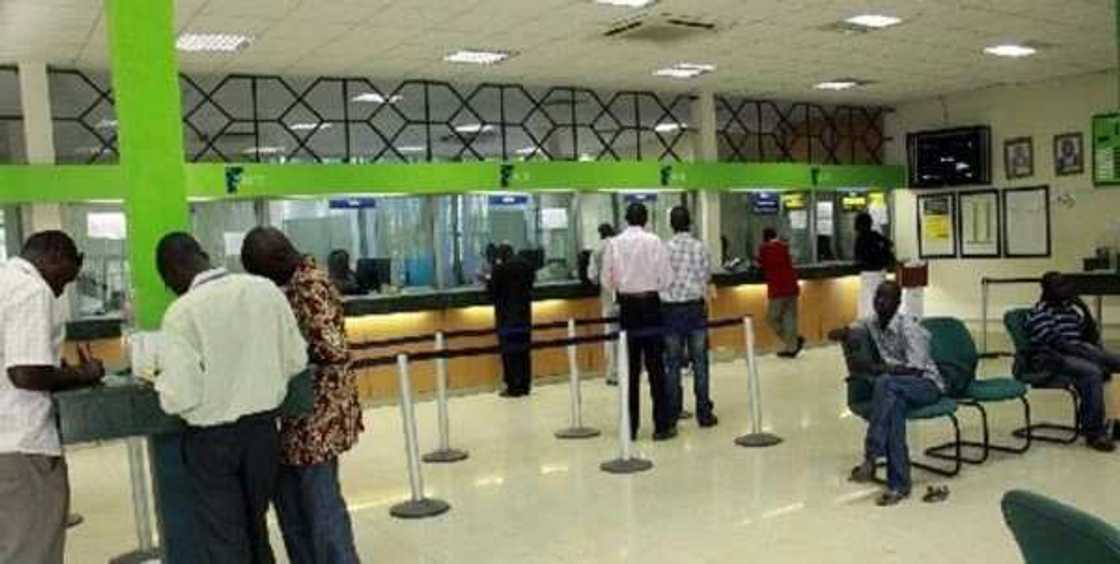
The task of a good and sound financial system is to balance the relations between them. It means the financial system here is called as an intermediary between the units that supply and the units in need. With its help, they get to know about each other and can conduct mutually beneficial operations. This is called symmetry between the parts of the system.
The smoother the process of balancing of the units is on this stage, the smoother their cooperation will be, logically. Of course, it will significantly influence the condition of the economy, in general, as soon as this cooperation is extremely important for it.
Nigerian financial system development
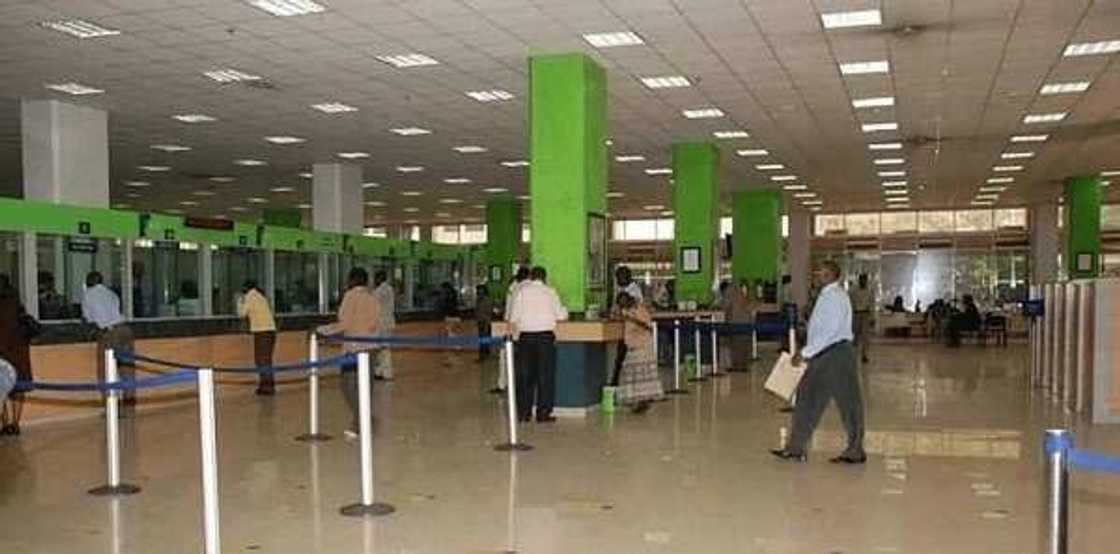
Of course, there are no perfect mechanisms anywhere in the world, even in the most developed countries. Being one of the developing countries, Nigeria still needs improvement in many areas of economy and industry. The financial system is no exception in this situation.
There are many factors that need to be taken into consideration and fought effectively for the sake of the development in Nigeria. These factors involve the heavy corruption, inefficiency of the banking system, low rates assigned to the saving, a constant growth of the insolvency among individuals, and so on. Fighting these factors should be the key strategy of the Nigerian financial system development.
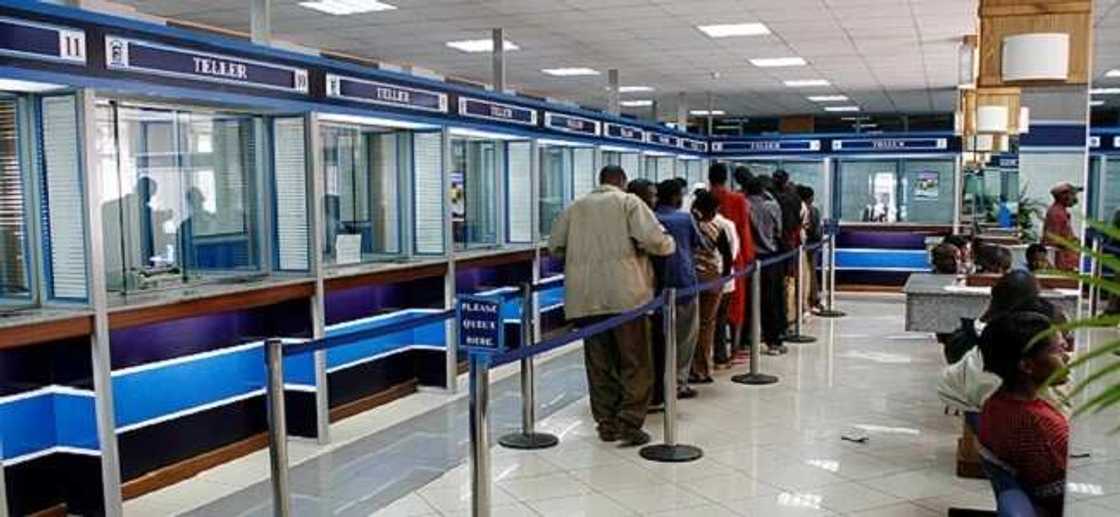
People should have more knowledge about the positive effects of saving and investment in industrial units inside the country. This is the task of the informational sector and this is what has been mentioned above: the balancing of the relations between those who need investments and those who can provide them.
With a high-quality informational propaganda and the increased trust to the financial system, individuals will more willingly exchange funds with the state and other branches of the financial system. Of course, fighting existing corruption plays a huge role in the development of trust and building lasting relationships.
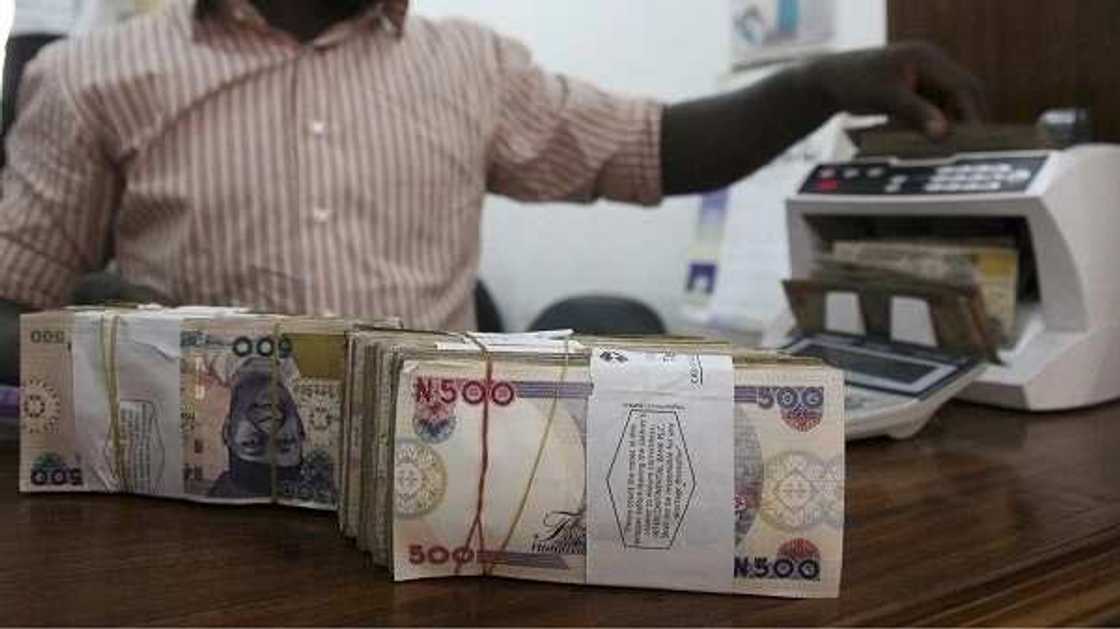
As soon as the development of the financial system and its effective structure stays in a close connection with the development of the economy, there are all grounds for the soonest and fastest promotion of the financial system in Nigeria. It may also make sense to review the structure and, possibly, change it for something more effective, transparent and free from the existing problems.

Read also
UBA, Zenith, 7 other banks rush to settle USSD debts ahead of January 27 disconnection deadline
READ ALSO: I don't think corruption is an African problem - Okonjo -Iweala
Source: Legit.ng


